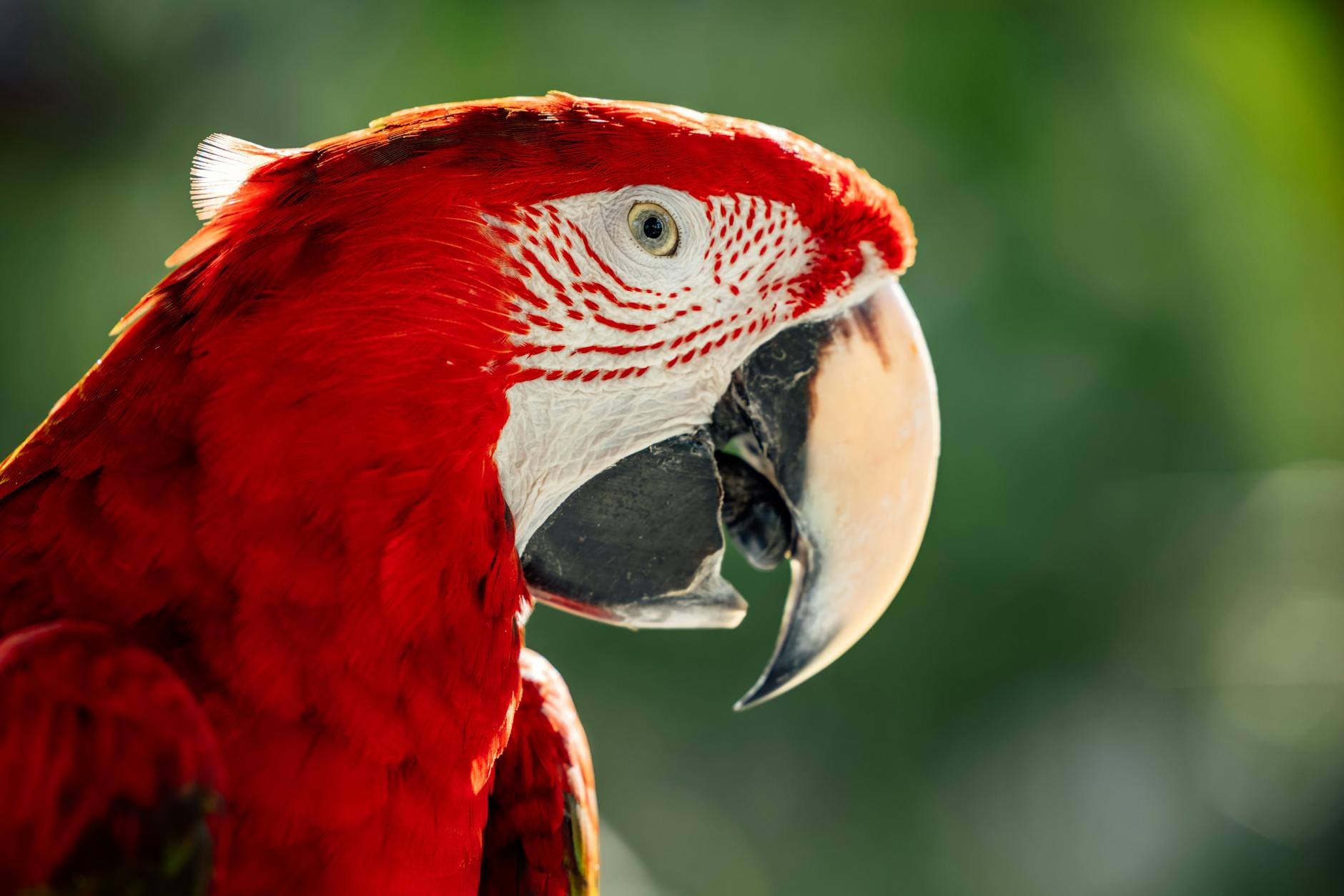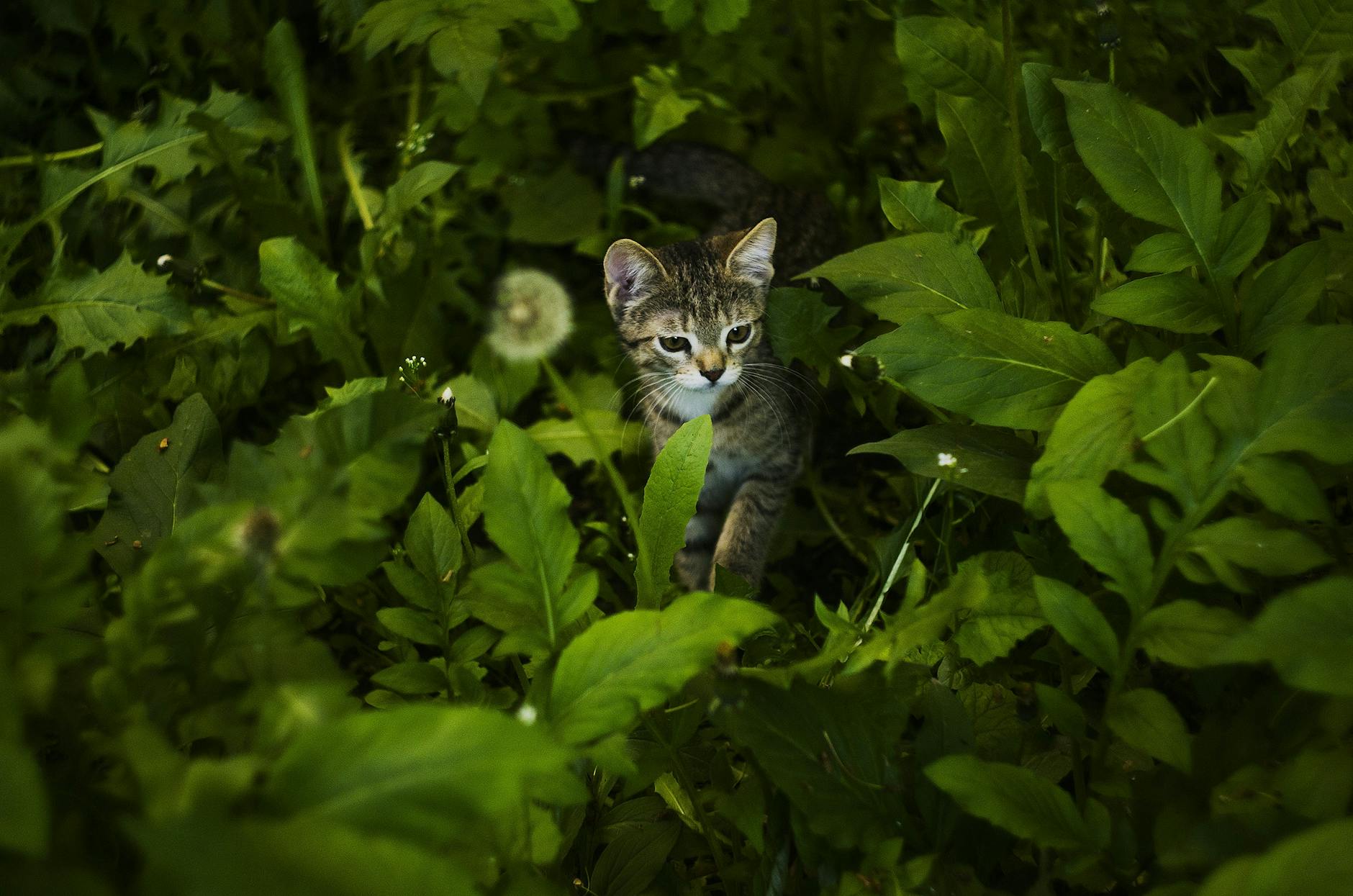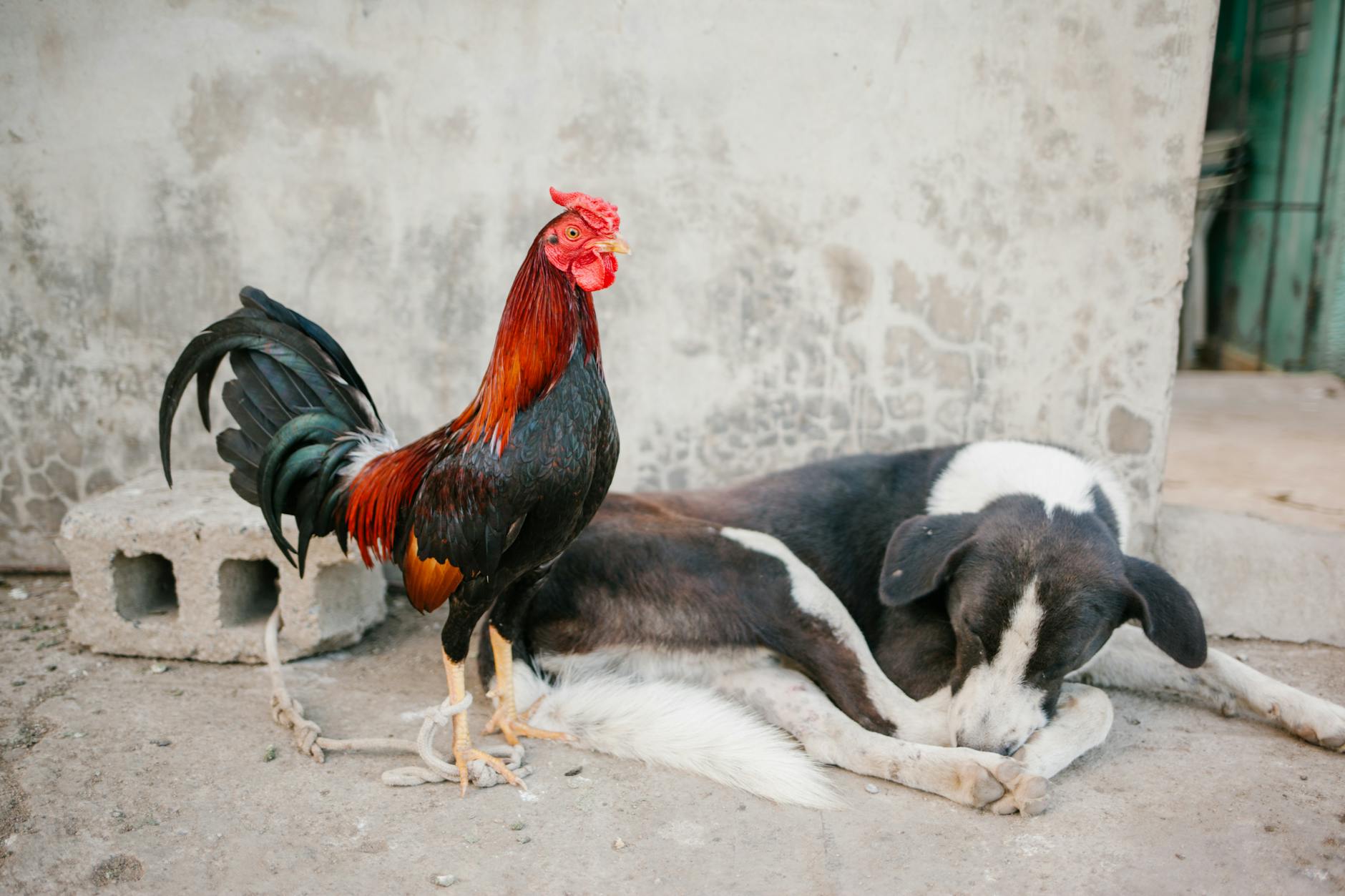What Makes Australia a Haven for Pet-Friendly Services?

Australia's Unique Pet Culture
Australia's connection to pets is deeply embedded in its culture, offering a nurturing environment for both individuals and communities to engage with furry companions. This vibrant relationship can be seen through various dog engagement strategies and activities such as socializing at dog-friendly cafes along Beaufort Street or wandering through the open spaces of Kings Park. These environments not only provide fun and exercise for pets but also opportunities for owners to build connections with other pet lovers.
Historical Acceptance of Pets
In Australia, pets have long been accepted as essential family members. This historical bond reflects a shared understanding of companionship between humans and animals, translating into a widespread acceptance of dogs in many social settings. It's not uncommon to see dogs accompanying their owners to doggy day care cairns, playing an integral role in daily routines.
Community Involvement in Pet Care
Communities across Australia actively participate in fostering an inclusive atmosphere for pets. From workshops on canine behavior to local dog clubs, involvement goes beyond simple ownership. Facilities like doggy day care canberra provide not just care, but a social environment for dogs to flourish. Local events and initiatives also focus on educating owners, ensuring everyone is equipped with the knowledge for responsible pet ownership.
Growth in Pet Ownership
Australia has seen a substantial rise in pet ownership, with dogs leading the pack as the most popular choice. This growth is mirrored in the surge of facilities like dog boarding penrith, catering to the increasing demand for quality pet care. More Australians are embracing pets, enriching their lives and contributing positively to their communities.
Pet-Friendly Laws and Regulations
Animal Welfare Laws
In Australia, a comprehensive framework of animal welfare laws is designed to protect the rights and well-being of pets. These laws ensure that all animals, including those in doggy day care facilities, are treated with care and respect. For families venturing into the world of pet care, this ensures a baseline of quality and safety. Living in a place like Newcastle or Port Macquarie, you might find reputable services, such as doggy day care port macquarie and doggy day care newcastle, that strictly adhere to these standards.
Pet-Friendly Housing Policies
Navigating housing policies can be tricky for pet owners. Fortunately, Australia has seen a shift toward more inclusive pet-friendly housing options. This is great news for individuals and families who wish to keep their furry companions close. Exploring the gardens and open spaces in the dog parks in Hyde Park becomes more feasible with a pet-friendly lease agreement, liberating families from the stress of leaving their pets behind.
Access to Public Spaces
Finally, access to public spaces is a crucial aspect of pet ownership. Many urban areas in Australia now offer dog-friendly zones where pets can socialize and exercise. Regular outings to dog-friendly cafés along Beaufort Street or parks contribute to a pet’s physical and mental well-being. For young families and first-time pet owners, immersing their dogs in diverse environments not only provides enrichment but strengthens the bond between pets and their owners.
Diverse Pet Services Offered
Innovative Pet Grooming Services
Pet grooming services have seen a fun twist in Australia, integrating both functionality and flair to meet the needs of discerning pet owners. Among young families welcoming their first dog, there is a growing appreciation for services that go beyond standard clipping and washing. Many grooming salons are now focusing on the holistic well-being of pets, often incorporating spa-like experiences to pamper your furry companions. With offerings like dog yoga or doga and sensory experiences involving aromatherapy, grooming has become a sought-after aspect of pet care.
Moreover, pet grooming extends to include engagement activities, designed to stimulate dogs both physically and mentally. These include play sessions specific to different breeds and offering relaxation and enrichment. It’s about balancing aesthetics with health and happiness, ensuring each visit leaves your dog glowing and full of beans.
In places like the dog parks in Hyde Park, you’ll notice dogs not just looking clean and well-kept, but incredibly happy and lively after a session at these grooming services. This attention to detail can make a significant difference, especially if you're considering options for pet care such as doggy day care Townsville or dog sitting Sunshine Coast. As more pet owners seek creative and trustworthy options for grooming, the emphasis on quality and engagement strategies continues to shape the industry.
Exploring Pet Industry Trends
Rise of Eco-friendly Pet Products
In my role as an animal behaviorist and an enthusiastic pet owner, I've seen a noticeable shift towards eco-friendly pet products in recent years. This trend reflects a growing awareness among pet owners about sustainability and environmental impact. Choosing eco-conscious toys, bedding, and grooming products can make a big difference in reducing our collective carbon footprint. For instance, dog owners who frequent places like Kings Park are increasingly opting for biodegradable poop bags and sustainably sourced treats. These choices not only support the well-being of pets but also demonstrate a commitment to the environment.
Increasing Demand for Pet Tech
Technology is increasingly becoming part of our pets’ lives. From smart collars that track a pet's location to automatic feeders, tech is changing how we care for our furry family members. Pet tech doesn't just make life more convenient; it also enhances the pet ownership experience. For example, pet cameras with two-way communication allow owners to engage with their pets, even when they're away from home. This is particularly valued by those who use services like doggy day care Sydney, where staying connected with pets provides peace of mind.
Growth in Pet Food Quality
There's a noticeable shift towards higher-quality pet food options, driven by pet owners who prioritize nutrition. Many are now focused on feeding their pets organic or holistic diets, avoiding harmful additives and fillers. This trend is reshaping how we perceive our pets' diets, much like the evolving menu at doggy day care Sunshine Coast that caters to specific dietary needs. Making informed decisions about pet food means we can be sure they're getting the best possible nutrition.
Successful Dog Boarding for Beginners
Understanding Boarding Needs
When it comes to selecting the prefect dog boarding facility, it's crucial to consider both your dog's needs and your own. Evaluate what type of environment your furry friend thrives in — do they get spirited by adventure, or are they happier in calm settings? The adventurous dogs might enjoy places offering stimulating activities like puzzle toys and scented trails. For calm pooches, peaceful, cosy areas can help them feel at home while you're away.
Choosing the Right Boarding Facility
Scouting dog boarding facilities that align with your dog's preference means your research should extend beyond the surface—think creatively! Perth offers a variety of options that match different temperaments and sizes, from extensive open spaces to suburban setups. Dive into reviews and staff interactions to gauge whether your selected place prioritises your pet's pet-friendly housing policies and unique needs.
Engaging Your Dog in Boarding
Before boarding, introduce the facility through short, preliminary visits. These little trips — think of them as doggy playdates — can help get your pet accustomed to the new environment, easing anxiety. Facilities located near Hyde Park's dog parks often employ strategies that harness pups' natural curiosity, using open space for exploration. Consider dog-friendly cafes along Beaufort Street for handover meetups, turning drop-offs into happy, tail-wagging experiences. Incorporating these strategies provides a smoother boarding journey for your beloved pup, ensuring they remain healthy and well-adjusted even in your absence. That's the essence of creating a stress-free experience for both you and your pet.


